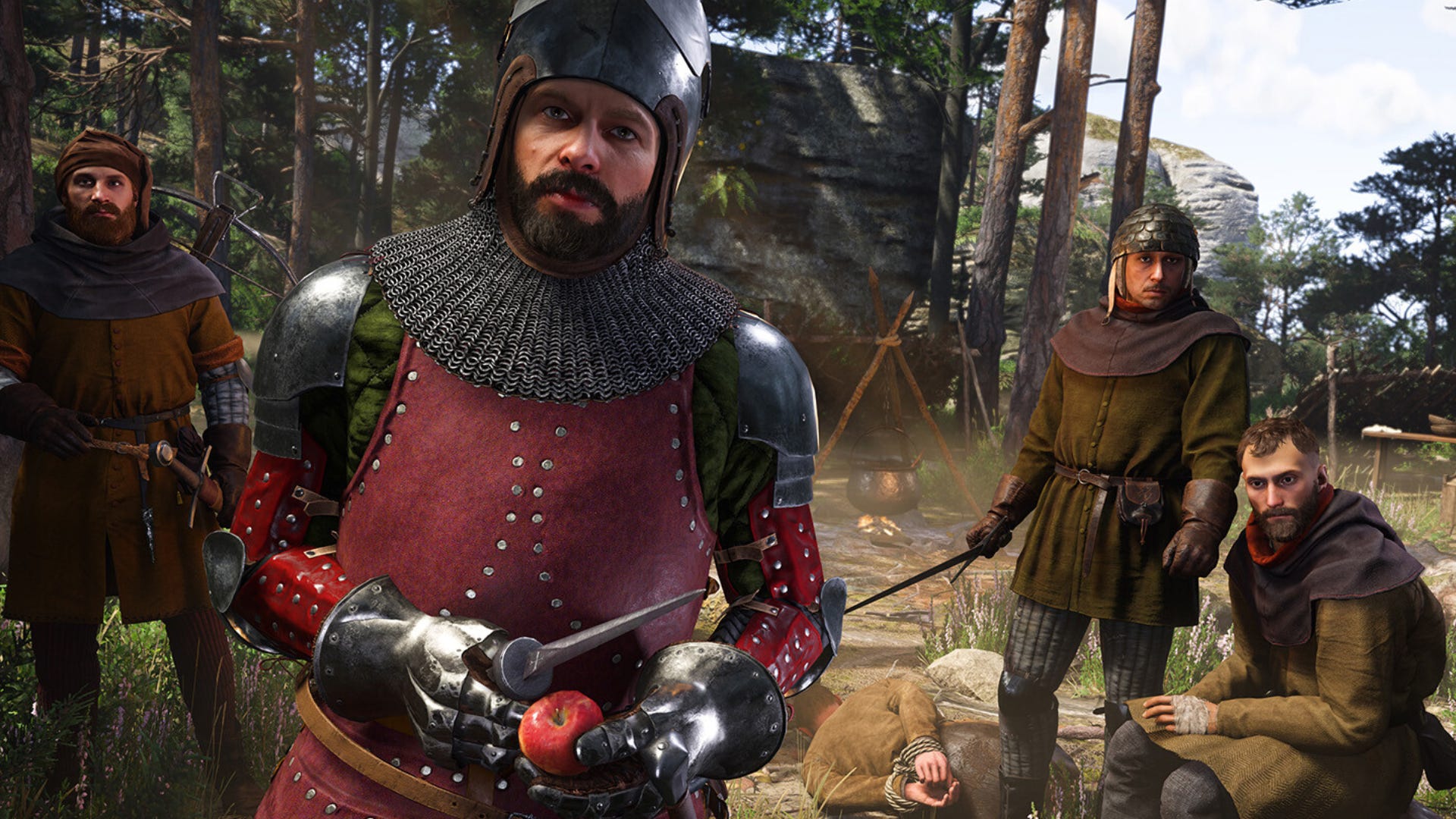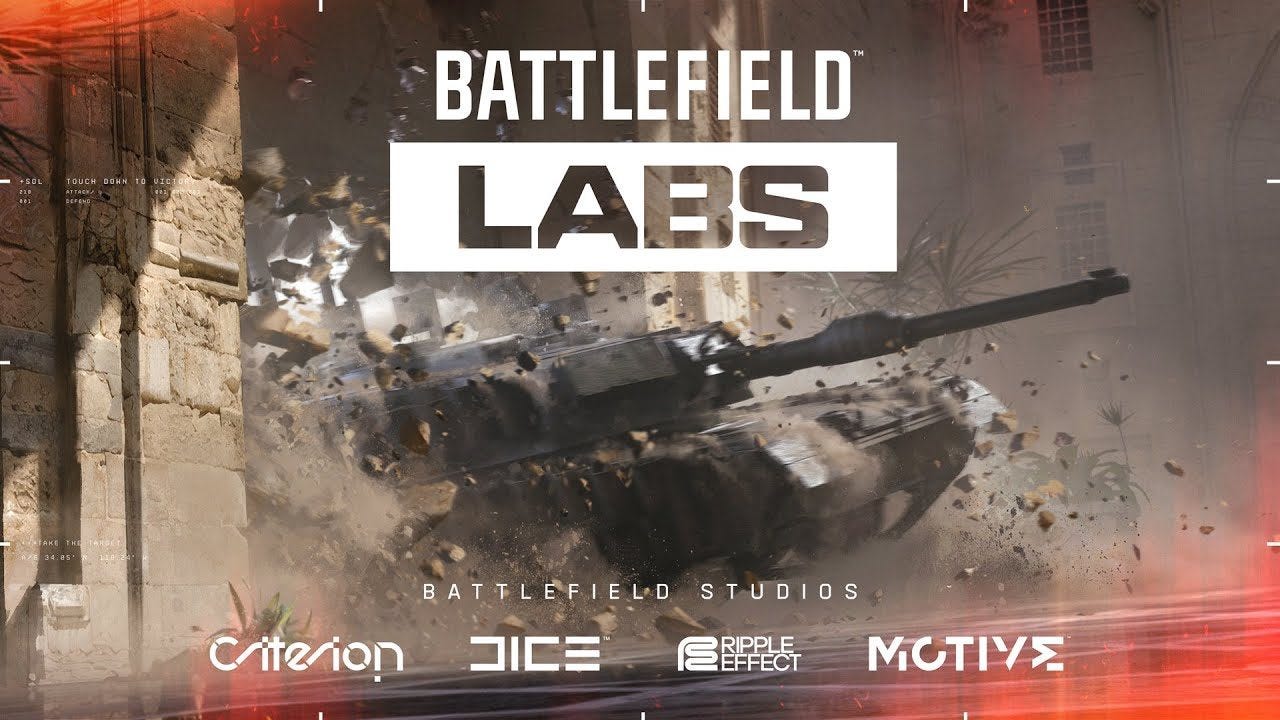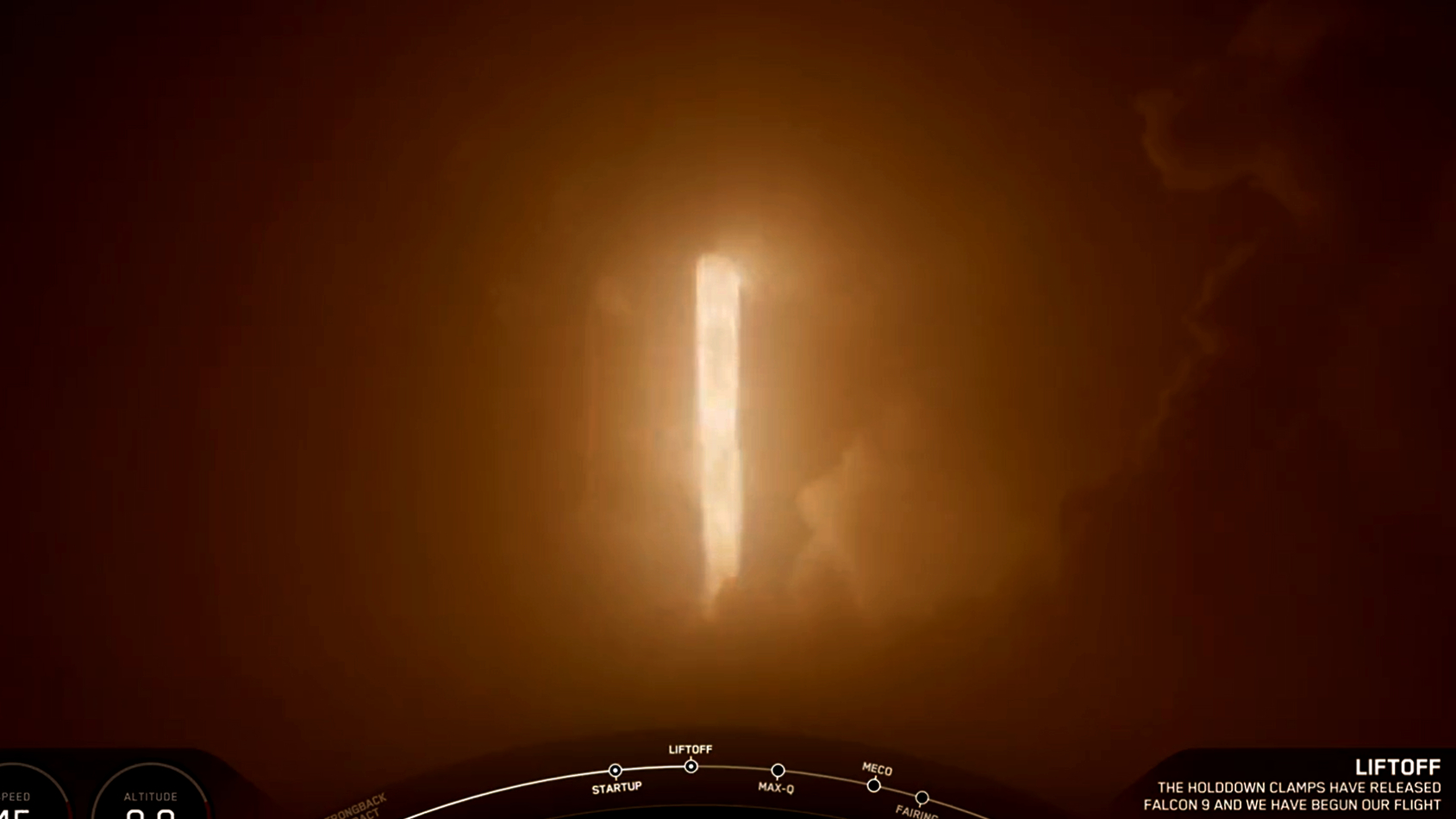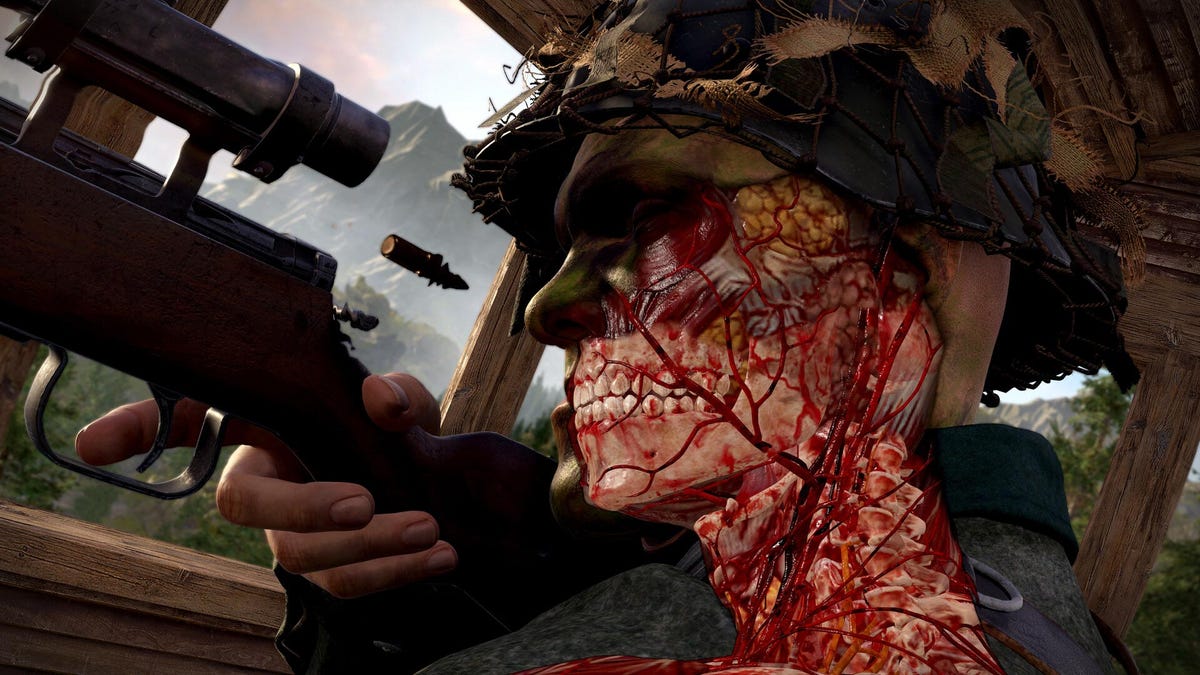Review: Civilization VII Impresses Despite Its Awkward Direction
“If it ain't broke, don’t fix it” applies quite well to Civilization VII. In some areas, developer Firaxis crafted the most stunning and welcoming entry in the franchise by a long shot. However, in others both new and unnecessary features like the Ages system hold this entry back from immediately being the best in the series yet. My experience with the Civilization series is fairly recent. It dates back to playing Civilization Revolution and its sequel back on my iPad, followed by Beyond Earth on PC, and later Civilization VI in recent years. The strategy genre is far from my favorite, with both this line and Star Wars: Empire at War being the only ones I’ve stuck with. But there is just something about the deep, intricate systems of Civilization that drew me in and kept me captivated, especially in multiplayer. Image via 2K Fortunately, my love for the series continues, for the most part, with Civ VII. It is surprisingly quite similar to its predecessor, mostly building upon the mechanics and ideas of the previous game. The controls, even with a controller or on the Steam Deck, will be familiar but they work more smoothly than ever before. In fact, almost everything is like Civilization VI, but improved and better overall. The gameplay feels so fast-paced and responsive. I don’t ever feel like there is lag in the game recognizing my decision and moving that troop to that spot or ending my turn. Everything is so silky smooth and instantly goes from action to action, be it in singleplayer with bots or multiplayer. As always, the goal remains the same in Civilization VII. First, you pick a leader in the hopes of winning a match against other civilizations using one of the core victory conditions. At the launch of this title, there are four main conditions you can pursue to win. These are Military, Culture, Science, and Economic. Sure, there are some missing victory types here, but this is absolutely sufficient. For instance, Military involves essentially conquering the whole world. Each settlement the player conquers gains them some points that will go towards winning in the end. Then there is Science, which is one of my favorites. This one involves completing projects in the space race in the Modern Age. There are just enough types of victories to appeal to different types of players. Image via 2K If you are the more diplomatic type that doesn’t like to wage war, you don’t have to. You can interact with the other leaders and make peace with them. You can open up your borders to others and trade goods all while building up your own empire. This might prove helpful when trying for a Culture or Economic win. If there is one aspect I adore about Civilization VII, it is the freedom it offers. Even a simple task like building your capital city is more flexible than before. For example, when your city grows, you are able to pick individual tiles to expand into. This allows you to choose which direction to go. For me, it also made it easier to create a trade network and empire. I could put a new city pretty far away, but gradually build my borders towards one another. This allowed me to connect them with ease into a one unified nation. This freedom also shows in the leader system. This time around, you pick your leader and your civilization separately. You might have someone like Benjamin Franklin as your leader, but your nation could be Meiji Japan. There are some limitations to this, but each leader usually gets a few solid options. This allows you to mix and match the features of one leader with a different civilization and its unique troops and buildings. While this may sound complex, it is quite simple surprisingly and welcoming. I could say the same for most of Civilization VII. This is by far the most alluring strategy game, I’ve ever played in terms of explaining the systems well to newcomers. The tutorials are rich, but also swift. They give you just enough information about every little aspect to keep you going, all without holding you up too much. Then it offers more detailed optional explanations if you want to dive deeper. Image via 2K There are even areas of Civilization VI I didn’t fully understand, like upgrade trees for learning new technologies and the like, that I now get because of how much better Civilization VII is at explaining all of its mechanics and intricacies. This helps, because there are other neat gameplay improvements like being able to unite troops under a commander to move them around as a singular army and more. With that said, though, there is one glaring issue with Civilization VII: the Ages system. This is the new feature that aims to differentiate this title from past entries. In previous games, there were eras and ages, sure. You would go from one era to the next mid-match as you learned new sciences, tools, and other technologies. In this title, Firaxis controversially makes three Ages — Antiquity, Exploration, and Modern — a consistent devic
![]()
“If it ain't broke, don’t fix it” applies quite well to Civilization VII. In some areas, developer Firaxis crafted the most stunning and welcoming entry in the franchise by a long shot. However, in others both new and unnecessary features like the Ages system hold this entry back from immediately being the best in the series yet.
My experience with the Civilization series is fairly recent. It dates back to playing Civilization Revolution and its sequel back on my iPad, followed by Beyond Earth on PC, and later Civilization VI in recent years. The strategy genre is far from my favorite, with both this line and Star Wars: Empire at War being the only ones I’ve stuck with. But there is just something about the deep, intricate systems of Civilization that drew me in and kept me captivated, especially in multiplayer.
Fortunately, my love for the series continues, for the most part, with Civ VII. It is surprisingly quite similar to its predecessor, mostly building upon the mechanics and ideas of the previous game. The controls, even with a controller or on the Steam Deck, will be familiar but they work more smoothly than ever before. In fact, almost everything is like Civilization VI, but improved and better overall. The gameplay feels so fast-paced and responsive. I don’t ever feel like there is lag in the game recognizing my decision and moving that troop to that spot or ending my turn. Everything is so silky smooth and instantly goes from action to action, be it in singleplayer with bots or multiplayer.
As always, the goal remains the same in Civilization VII. First, you pick a leader in the hopes of winning a match against other civilizations using one of the core victory conditions. At the launch of this title, there are four main conditions you can pursue to win. These are Military, Culture, Science, and Economic. Sure, there are some missing victory types here, but this is absolutely sufficient. For instance, Military involves essentially conquering the whole world. Each settlement the player conquers gains them some points that will go towards winning in the end. Then there is Science, which is one of my favorites. This one involves completing projects in the space race in the Modern Age. There are just enough types of victories to appeal to different types of players.
If you are the more diplomatic type that doesn’t like to wage war, you don’t have to. You can interact with the other leaders and make peace with them. You can open up your borders to others and trade goods all while building up your own empire. This might prove helpful when trying for a Culture or Economic win. If there is one aspect I adore about Civilization VII, it is the freedom it offers.
Even a simple task like building your capital city is more flexible than before. For example, when your city grows, you are able to pick individual tiles to expand into. This allows you to choose which direction to go. For me, it also made it easier to create a trade network and empire. I could put a new city pretty far away, but gradually build my borders towards one another. This allowed me to connect them with ease into a one unified nation.
This freedom also shows in the leader system. This time around, you pick your leader and your civilization separately. You might have someone like Benjamin Franklin as your leader, but your nation could be Meiji Japan. There are some limitations to this, but each leader usually gets a few solid options. This allows you to mix and match the features of one leader with a different civilization and its unique troops and buildings.
While this may sound complex, it is quite simple surprisingly and welcoming. I could say the same for most of Civilization VII. This is by far the most alluring strategy game, I’ve ever played in terms of explaining the systems well to newcomers. The tutorials are rich, but also swift. They give you just enough information about every little aspect to keep you going, all without holding you up too much. Then it offers more detailed optional explanations if you want to dive deeper.
There are even areas of Civilization VI I didn’t fully understand, like upgrade trees for learning new technologies and the like, that I now get because of how much better Civilization VII is at explaining all of its mechanics and intricacies. This helps, because there are other neat gameplay improvements like being able to unite troops under a commander to move them around as a singular army and more.
With that said, though, there is one glaring issue with Civilization VII: the Ages system. This is the new feature that aims to differentiate this title from past entries. In previous games, there were eras and ages, sure. You would go from one era to the next mid-match as you learned new sciences, tools, and other technologies. In this title, Firaxis controversially makes three Ages — Antiquity, Exploration, and Modern — a consistent device for everyone. Every civilization and player contributes to moving the current Age forward to the next one. Once the bar fills up for the next Age, the game essentially half-restarts, and everyone picks a new civilization while keeping their current leader.
Now, a lot of benefits move on from Age to Age. For instance, there are some Ageless buildings that carry over. Plus, you get Legacy Path points for what you accomplish in each Age. This might grant you a bonus in the next time period or even help you get closer to that victory in the final Modern Age. The problem is the Age system feels so disjointed. It is the epitome of one step forward, two steps back. Switching to a new Age feels like a pseudo-reset in some ways, which I don’t enjoy. I feel it breaks the entire pacing and atmosphere of the match, be it single-player or multiplayer game. It is a true vibe killer, and I consider it the exact opposite of the smooth transitional feel of the rest of the experience.
It is to the point that I only played through two full, three Ages matches leading up to this review. (Each one lasted roughly 12-15 hours.) It became a chore and didn’t feel enjoyable. Until something changes and patches release, I find I now just play through the Modern Age on its own when heading into new matches. This is something you can do, thankfully, but you shouldn’t have to. I would much prefer a way to turn off the Ages system and play like previous titles.
That said, the general settings and options in Civilization VII are pretty meager at this time. There aren’t a ton of ways to customize the experience, outside of the usual length and map sizes. Furthermore, the leader selection is pretty disappointing. Most of the fan-favorite characters, such as Julius Caesar or Cleopatra, are not here. It certainly feels like a weaker launch cast to possibly promote DLC in the future.
It is a shame, since Civilization VII has everything almost right. It is absolutely stunning and plays well, even on the admittedly weak Steam Deck. The lands and biomes look beautiful, and every inch of a civilization is remarkably detailed. Each district, building, structure, and troop looks intricately designed and hand-crafted. The gameplay in Civilization VII is also so smooth and welcoming to everyone. This is the most fun I’ve had with a strategy game... when I don’t have to deal with the Ages system. There is incredible potential when it comes to Civilization VII, but for now, the Ages system holds it back from being one of the greatest strategy titles ever made.
Sid Meier’s Civilization VII releases on February 11, 2025 for the Nintendo Switch, PS4, PS5, Xbox One, Xbox Series X/S, and PC.
The post Review: Civilization VII Impresses Despite Its Awkward Direction appeared first on Siliconera.


















































































